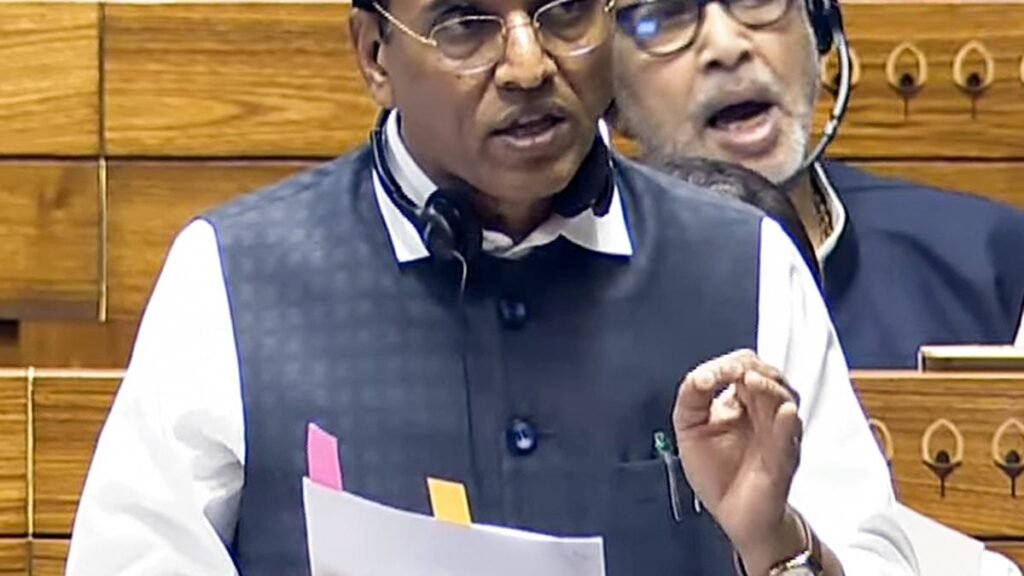IGST Act Amendment: GST Council clarifies intermediary services, relief for exporters


The GST Council has recommended amending the IGST Act, removing the contentious Section 13(8)(b) that classified many Indian firms as “intermediaries.” Once enacted, the place of supply for such services will be based on the recipient’s location, giving service exporters the long-denied benefit of being treated as genuine exporters.
In an effort to provide relief to service exporters, the GST Council has recommended an amendment to the law to issue a clarification related to intermediary services. Experts believe this will not just add to the competitiveness but also end litigation.
“The Council recommended omission of clause (b) of section 13(8) of IGST Act 2017. Accordingly, after the said law amendment, the place of supply for ‘intermediary services’ will be determined as per the default provision under section 13(2) of the IGST Act, 2017 i.e. the location of the recipient of such services,” a government statement issued post GST Council meeting on Wednesday said. “This will help Indian exporters of such services to claim export benefits,” the statement added.
Experts call move a watershed moment for exporters
Decoding this, Manoj Mishra, Partner with Grant Thornton Bharat LLP said that for over a decade, service exporters have carried the burden of being labelled as ‘intermediaries’—a legacy issue dating back to the service tax era. This classification denied them export status, blocked tax benefits, and triggered endless disputes. “The Council’s decision to finally amend the law is a watershed moment. It recognises that when Indian firms provide services to global clients, they are genuine exporters of talent and expertise, not middlemen,” he said.
Boost for IT, consulting, back-office and digital sectors
Further, this shift could release long-awaited relief for IT, consulting, back-office and digital service providers, enhancing India’s competitiveness in the global market. What remains to be seen is whether this relief will apply retrospectively to settle past cases, or only prospectively. “That clarity will determine how quickly exporters can close old battles and move forward with confidence. Either way, the message is clear: India wants its service sector to compete on a level global playing field,” said Mishra.
Relief to apply prospectively, past cases unaffected
Meanwhile, sources said that the amendment would be prospective and the past demand liabilities would not be affected by the said amendment. They added that representations were received from trade and industry, highlighting difficulties arising from differing interpretations of the terms “intermediary” and “intermediary services,” particularly concerning the place of supply provisions under the IGST Act.
While section 13 of the IGST Act generally provides that the place of supply for services where either the supplier or recipient is located outside India is the recipient’s location, intermediary services under Section 13(8)(b) are deemed to have the place of supply at the supplier’s location. As a result, “suppliers in India providing intermediary services to recipients abroad are being denied export benefit,” a source said.
Although the Central Board of Indirect Taxes & Customs (CBIC) issued a clarificatory circular in 2021, disputes persisted. Accordingly, this matter was placed before the GST Council in its December 2024 meeting with a recommendation to amend the place of supply provisions for intermediary services. The matter was referred to the Law Committee, which agreed that the current provision is against the destination-based principle, adversely impacting India’s export sector, and any delay in settling the issue would further impact exports and investments in these sectors, said a source paving the way for the amendment.
Published on September 4, 2025



